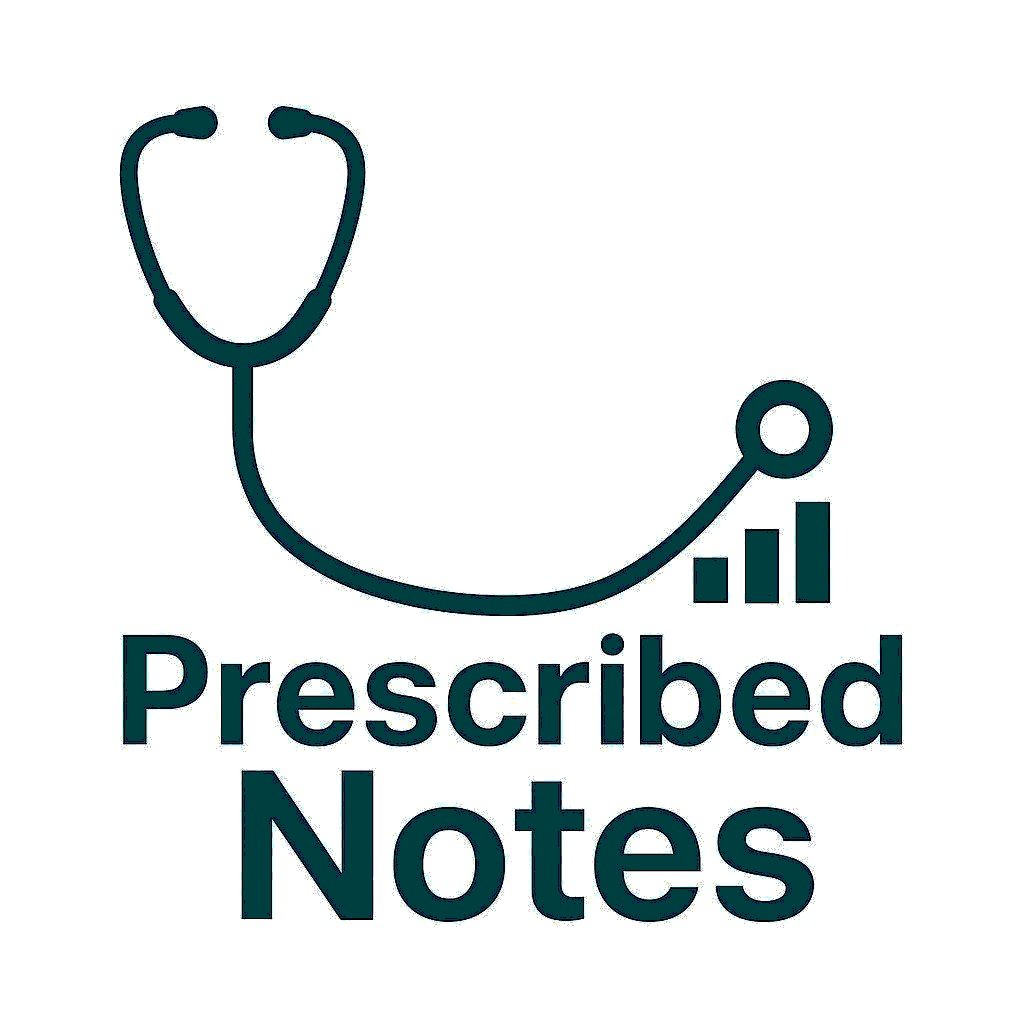
Statins, Cholesterol and Controversy: what Dr Aseem Malhotra gets right, and where he may miss the beat
By Dr. Stephen Lawrence

The Cholesterol Debate: hero or hype?
When it comes to heart health, few topics inspire as much confusion, or fierce debate, as statins and cholesterol, Dr Aseem Malhotra, a British cardiologist and self-declared medical “activist”, has become a vocal critic of what he calls the over-prescribing of statins and the unquestioning commitment to lowering LDL (“bad”) cholesterol at any cost. He’s made bold claims, arguing that statins are overrated, side effects are underreported, and commercial interests hold too much sway in drug research and guidelines. In this blog, I take a close look at Dr Malhotra’s arguments, weigh them against the global scientific evidence, and ask: what should you believe about cholesterol, statins, and your heart risk?
Statins and LDL: silver bullet or misfiring medicine?
Dr Malhotra claims that reducing LDL cholesterol with statins doesn’t lead to fewer deaths or heart attacks, at least not for people who haven’t already been diagnosed with cardiovascular disease. He argues the main benefit is exaggerated and the risks are routinely downplayed when patients are prescribed statins.
Let’s put that to the test. The best scientific evidence, from dozens of high-quality trials and meta-analyses, shows statins are powerful for people who have previously had a heart attack or stroke. These medications reduce the risk of having another event and save lives. For those without diagnosed heart disease (“primary prevention”), statins offer a smaller benefit, though there is still a real reduction in heart events, especially for people at higher overall risk.
Bottom line: Statins do work for many, especially those with a history of heart disease. Should we dish them out like vitamins? Certainly not but, when prescribed appropriately, they can be lifesaving.
Side Effects: fact, fiction, and fear
Dr Malhotra has argued that statin side effects are rampant, sometimes affecting 20 to 50% of people in daily life. He suggests clinical trials minimise reports of muscle pain, memory problems, and diabetes risk, either through selective reporting or by design.
Here’s where the evidence is more nuanced. Large, independent studies confirm that side effects do occur, but nowhere near the levels claimed: about 5–10% of people in the real world may be genuinely “statin intolerant”. Severe or dangerous side effects remain rare, and the so-called nocebo effect (where expecting symptoms makes people feel them) likely explains a lot of mild complaints. However, no medication, including a statin, should be prescribed without a joint discussion between doctor and patient, considering your personal risks, side effects, and what matters to you.
Don’t be scared off statins by headlines, but don’t take them without asking questions either. Weigh up the pros, cons, and alternatives with your GP.
Pharmaceutical Influence: a call for openness
One of the unquestionable benefits of Dr Malhotra’s campaign is shining a spotlight on pharmaceutical industry practices. He has championed the need for greater transparency: full reporting of medication benefits, honest discussion of side effects, and public scrutiny of how research is conducted and by whom. That’s a fight worth having, and a key reason why more calls for open-access data and independent review have gained traction in medicine.
“Dr Malhotra’s outspoken advocacy has made it clear that medicine must strive for greater transparency.”
People deserve to know not just their cholesterol numbers, but also how the evidence was gathered and, by whom. Ultimately, the heart of the matter is trust, openness, and making sure each patient is treated as an individual, not a statistic.
What does this mean for you and your GP?
Gone are the days of blindly following a prescription pad. Thanks to voices like Dr Malhotra’s and, a wealth of sometimes contradictory evidence everyone should know:
• know your numbers: understand your cholesterol, blood pressure, and heart risk profile.
• work in partnership with your GP: ask questions about the reasons for or against statin therapy in your case. What is your personal risk? Are there other things you can do?
• see the bigger picture: statins help many, but your diet, physical activity, and not smoking do even more to keep your heart healthy.
The real takeaway
Dr Malhotra’s challenge to the status quo has sparked an overdue conversation. He’s raised the bar for accountability, data transparency, and keeping patients at the centre of decision-making. However, when his arguments swing too far, insisting statins offer “no benefit” or dismissing LDL cholesterol altogether, they risk misleading those who could truly benefit.
The smart path? Balance healthy scepticism with solid science. Make informed choices, understand your numbers, and work with your GP to ensure decisions match your risk and fit your life.
Your heart and, your future deserve nothing less.
Dr Stephen M Lawrence
